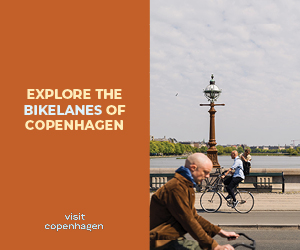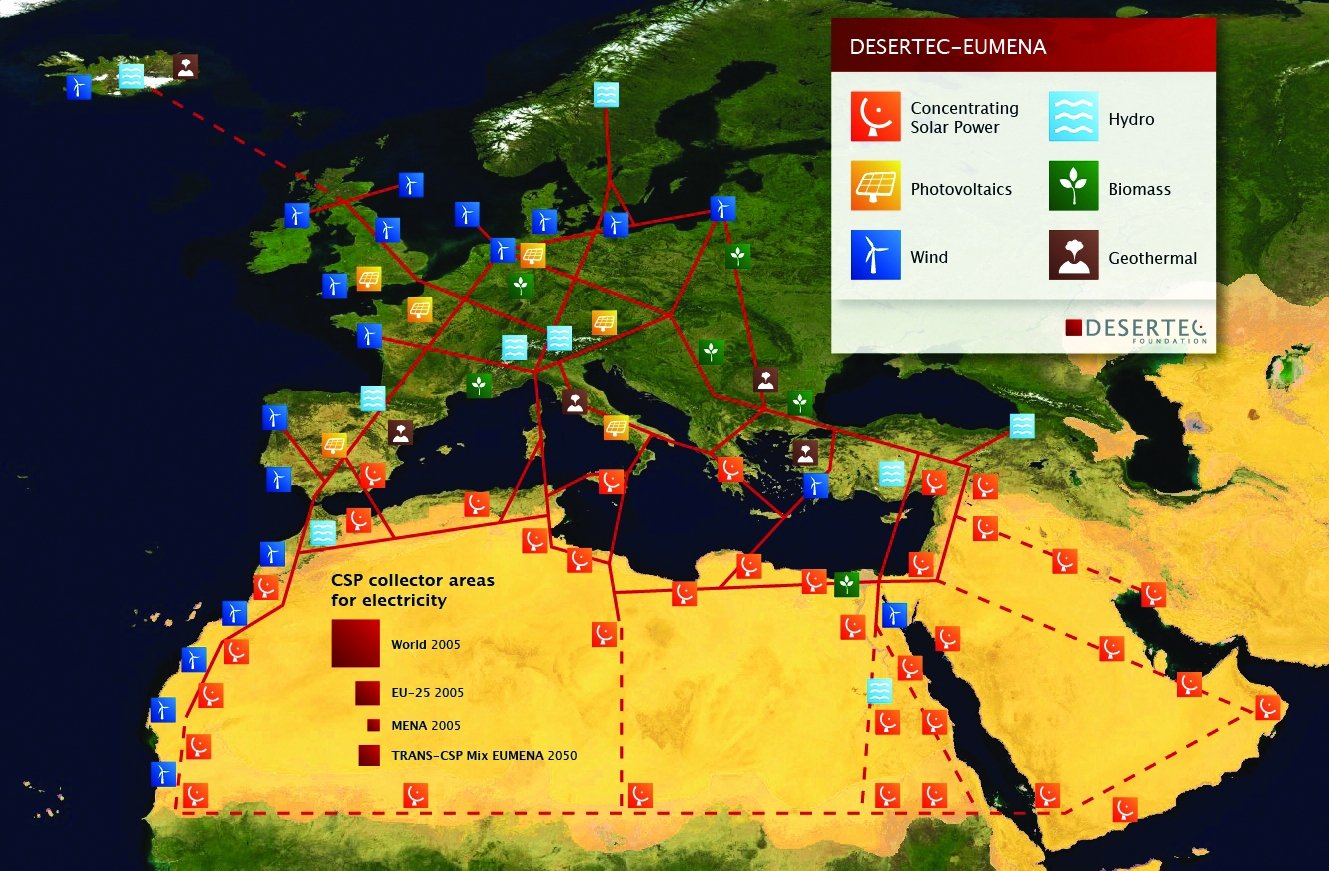I’ve been thinking recently about the parallels between today and 1932. I imagine that then, as now, there were plenty of headlines saying ‘the recovery’ was just around the corner, or a few more years away, but that it was on its way. Whereas the truth was, they were in for a much longer slump. Despite some of the low points of recent history – the rise of fascism, homelessness and crushing poverty – a lot of positives can be drawn from that time, too; politically, culturally, artistically and so on.
The ‘great recession’ as we call it today has followed a similar path to the 1930s, although unemployment so far is mercifully not quite as high. (‘Only’ 10% rather than 20% plus). Interestingly, I haven’t seen any figures on underemployment; most people and companies I know are soldiering on, often busier than ever chasing what work there is, but underemployed?
The few years of slough probably haven’t been enough for many to readjust their worldview yet. But it is starting to sink in. The housing market, or retail spending, or affordable commodities … these may never return. A cushy retirement may never come. The Western economies may never recover.
We don’t – according to the economists I had lunch with today – have anything up our sleeves. Whereas in 1932, they already knew that there was a way out, through industrial production linked to consumer spending. There may well be no way back for the Western economies – and the scary thing about Greece, and other failing economies in the news, is that they are living in our future.
I’m not remotely gloomy about any of that, though. After the scares over the last decade of climate change, ocean desertification, biodiversity loss and all the other environmental nightmare scenarios, suffering even a ‘great recession’ is more like arriving at middle age, rather distracting you from the prospect that you might die quite suddenly. If anything, it’s a relief to know that at some level this is a slowdown on that front too.
The debate a few years ago was whether we could power our way out of the green crises by building a green-powered growth economy, or whether it would be simpler, safer and saner to just slow down. The crux of the argument against the second view was, as George Monbiot (hardly the spokesperson for freewheeler-dealer capitalism) put it: ‘A 10% annual cut in energy consumption while the infrastructure remains mostly unchanged means a 10% annual cut in total consumption: a deeper
depression than the modern world has ever experienced. No political system – even an absolute monarchy – could survive an economic collapse on this scale.’
I followed that debate with huge interest. But it only occurred to me recently to pose the question the other way around: Could we use a massive medium-term economic slump to bootstrap a different way of life? In 2009, the UK economy shrank by 5%, and no, we didn’t go into a black hole of social dislocation. Instead, the new mood of thrift was cheerful—if anything, nostalgic—making the most of make-do-and-mend, growing your own veg, and enjoying the simple pleasures of camping in a soggy summer.
As someone who successfully gave up smoking (at last!) several years ago, thanks to what I recognised, even at the time, as a mixed blessing – a nasty, persistent cough – I could have cottoned on sooner. The mentality is one of “making the most of a bad lot” crossed with “making a dash for it.” Once you’ve managed for a while, you might as well keep going. Now that we find ourselves stuck in the economic slough of despond, can we start to notice it might be a blessing in disguise?












